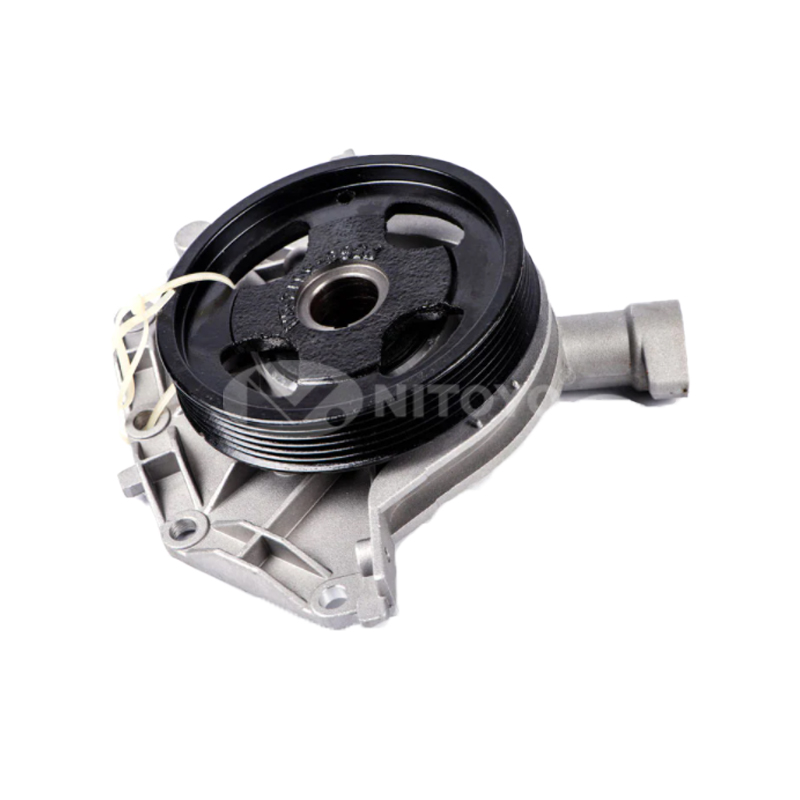Important Considerations and Tips for Picking the Right Engine for Your Requirements
Selecting the best engine is a multifaceted choice that needs careful factor to consider of numerous elements to ensure ideal efficiency for your specific needs. The complexities of engine selection prolong beyond these fundamentals, triggering a closer examination of crucial elements that can ultimately affect your satisfaction and success.
Determine Your Purpose
Determining your function is an important very first step in picking the appropriate engine for your demands. Understanding the particular application you want will certainly assist your decision-making process and ensure that you choose an engine that straightens with your operational needs. Whether you require an engine for an industrial vehicle, commercial machinery, or a leisure project, each circumstance needs different efficiency qualities and abilities.
Consider the atmosphere in which the engine will operate. Will it be subjected to heavy tons, severe temperatures, or prolonged use? Assessing these elements will assist you recognize the essential power outcome, fuel effectiveness, and durability needed to fulfill your goals.
In addition, consider the lasting effects of your choice. Budget plan restraints, upkeep needs, and availability of components are vital factors to consider that will certainly affect your total satisfaction and functional effectiveness.
Eventually, verbalizing your objective will certainly simplify the selection process and empower you to make an informed choice. By plainly defining your objectives, you can examine possible engines better and choose one that not only satisfies your current requirements but also sustains your future goals.
Evaluate Engine Specifications
Once you have actually plainly verbalized your purpose, the next step is to evaluate engine specs. This process includes a complete exam of various technical information that can considerably impact efficiency and viability for your meant use.
Begin by analyzing the engine's horsepower and torque ratings. Horse power is critical for identifying the engine's capability to do job, while torque is necessary for recognizing how well it can deal with hefty lots or velocity. Additionally, think about the engine displacement, as it commonly correlates with power output and effectiveness.
Following, check out the engine typeâEUR" whether it is a gas, diesel, or alternate fuel engineâEUR" as each type has distinct qualities and applications. Take notice of the engine's setup (e.g., inline, V-type), as this can influence size, weight, and overall efficiency.
An additional vital aspect is the engine's air conditioning system, which can affect reliability and maintenance needs. Evaluate the supplier's track record and guarantee offerings, as these can provide understandings into lasting performance and support. Extensively evaluating these requirements will aid guarantee that you choose an engine that lines up with your operational goals and certain demands.
Think About Fuel Efficiency
Gas performance is a critical variable to think about when picking an engine, as it directly influences functional prices and environmental sustainability. An engine's fuel performance is typically determined in miles per gallon (MPG) for vehicles or in specific gas usage (SFC) for airplane and marine engines. Higher fuel efficiency not just reduces the amount of fuel taken in yet likewise reduces greenhouse gas discharges, making it a liable choice for eco-conscious customers.
When assessing engine choices, it is crucial to evaluate the driving problems and planned usage. Engines enhanced for freeway driving might exhibit much better gas efficiency compared to those developed for stop-and-go website traffic. Furthermore, think about the engine's technology, such as turbocharging or crossbreed systems, which can considerably improve gas effectiveness.

Assess Upkeep Needs

Some engines may call for even more frequent oil changes, filter substitutes, or specialized maintenance, which can affect your functional downtime. Engines with prevalent appeal generally have better parts accessibility, minimizing lead times during repairs.
One more crucial aspect is the technical proficiency needed for upkeep. Some engines may require specific training for specialists, which might restrict your choices for provider. Examine whether the engine's layout permits for very easy access to parts frequently requiring upkeep, as this can substantially impact labor costs.
Budget Plan Your Investment
Comprehending upkeep demands is just one aspect of choosing the best engine; financial considerations play an equally vital role (amarok engine for sale). Developing a clear spending plan is important, as it influences not just the preliminary purchase cost however additionally long-lasting operational expenses
When budgeting, take into consideration both the in advance expenses and ongoing expenditures such as gas efficiency, upkeep, and prospective repairs. A seemingly cost effective engine might sustain greater prices over time as a result of poor fuel economic situation or regular try these out upkeep needs. Furthermore, evaluate the accessibility and expense of spare parts, in addition to the guarantees used by producers, which can provide monetary protection against unforeseen expenses.
It is likewise sensible to consider possible funding alternatives or renting plans, which could alleviate read this prompt financial worries. Stabilize your need for advanced functions with your budget plan constraints, guaranteeing that you buy an engine that satisfies your efficiency requires without compromising economic stability.
Eventually, a well-rounded spending plan will empower you to make educated decisions, straightening your engine option with both your operational demands and financial capabilities, resulting in a more sustainable financial investment over time.

Verdict
In final thought, choosing the ideal engine necessitates a thorough understanding of certain requirements and applications. Careful evaluation of engine requirements, fuel performance, and maintenance needs is important for notified decision-making.
Fuel performance is an important element to think about when picking an engine, as it directly influences operational costs and ecological sustainability. An engine's fuel performance is normally measured in miles per gallon (MPG) for lorries or in certain fuel usage (SFC) for aircraft and aquatic engines. Diesel engines generally give far better gas performance than fuel engines. Inevitably, selecting an engine with a solid More about the author emphasis on fuel effectiveness can lead to significant long-lasting cost savings and add favorably to ecological efforts. Careful analysis of engine specifications, gas efficiency, and upkeep needs is vital for notified decision-making.